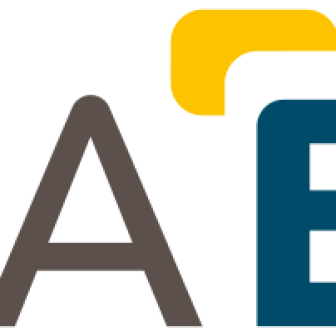Edekabank and ClimatePartner develop a methodology for carbon neutral current account management
July 23, 2021
Other banks are also free to use the methodology
There never used to be a consistent answer to the question of when a current account can be considered carbon neutral. However, looking at the big picture is key when it comes to protecting the climate. This approach makes it possible to look at the key emissions drivers in account management which can be incorporated into climate strategies.
In a joint project, Edekabank and ClimatePartner have therefore developed a methodology to determine when management of an account can be considered carbon neutral. At this point, it is important to differentiate between carbon neutral accounts and accounts whose management is carbon neutral. Whereas the former concerns the use of account deposits, the latter encompasses the emissions caused by the technical running of the account.
Specifically, all emissions throughout the life cycle of a current account and its use have been taken into account on the basis of the GHG Protocol, the carbon accounting standard. This includes emissions caused as part of the administration, opening, running and closure of an account, as well as supplying cash. The measurement covered aspects such as the sending of contracts, the creation of EC cards, use of the online banking app and bank website, the electronic processing of transactions and the operation of cash machines.
Dr Salome Zimmermann from Edekabank: ‘The continuous refinement of our sustainability strategy is one of our strategic business goals. We are mainly focused on our core business and are working on ways that we, as a bank, can accelerate the transformation of other companies and make banking more environmentally friendly overall. That is why we have worked with ClimatePartner to determine when management of an account can be considered climate neutral. In addition to the carbon footprint of the bank, we are evaluating bank cards and the supply of cash, online banking and every single transaction from the opening to the closure of an account. This and our ongoing work to increase our energy efficiency and reduce emissions are a clear indication of how completely and comprehensively we understand our responsibility and the climate action solutions we are proposing.’
Moritz Lehmkuhl, founder and CEO of ClimatePartner: ‘The question of when a bank account or management of a bank account can be considered carbon neutral sounds simpler than it really is. On the one hand we have the use of deposited funds or the carbon footprint of the account holders; on the other we have the technical aspects of account management such as paperless bank statements, purchasing green electricity for servers and making the website of the bank climate neutral. We and Edekabank are proud to present a methodology which brings clarity and other banks are also free to use.’
The methodology is backed up by an engagement approach: Banks that want to manage their accounts in a climate-neutral manner should also commit to reduce their carbon emissions. First and foremost, each IT service provider and cash supplier should be contacted and offered suggestions with regard to their climate strategies. This way, the new methodology will also involve the first steps towards reducing emissions.
In order to be carbon neutral as a company, including its products and services, Edekabank measured its carbon footprint with the assistance of ClimatePartner and implemented an extensive series of measures designed to reduce or avoid emissions. The remaining unavoidable emissions of 716,318 kg CO2 are offset through strictly certified carbon offset projects supporting marine conservation, as well as biomass and hydroelectric power. For more details, visit the ID tracking page. For more information about bank accounts which are managed in a carbon neutral manner, visit Edekabank's corporate website.
About Edekabank:
As a cooperative bank, Edekabank promotes the growth and evolution of EDEKA by offering independent EDEKA traders the typical services of a bank such as account management, investment, finance and payment transactions. It was one of the first to join Klimaschutzselbstverpflichtung der Finanzindustrie, an initiative where businesses in the financial sector sign a voluntary undertaking to protect the climate. In doing so, it has undertaken to align its investment and credit portfolios with the objectives of the Paris Agreement.
